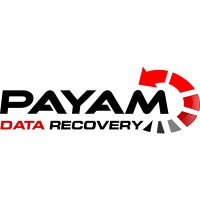
Advantech USA
Advantech is the global leader of embedded, industrial, IoT and automation solution platforms. The 35-year-old, billion-dollar business is ranked a top 100 Industrial Internet of Things (IIoT) company, with over 1,000 products and more than 8,000 employees working in 92 major cities worldwide. Advantech is renowned for developing and manufacturing high-quality, high-performance hardware and software computing components as well as complete platforms—focused on its vision of enabling an intelligent planet. Advantech is a subsidiary of Advantech Co., Ltd.






